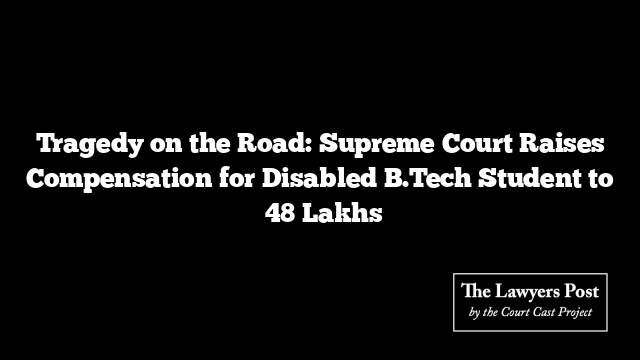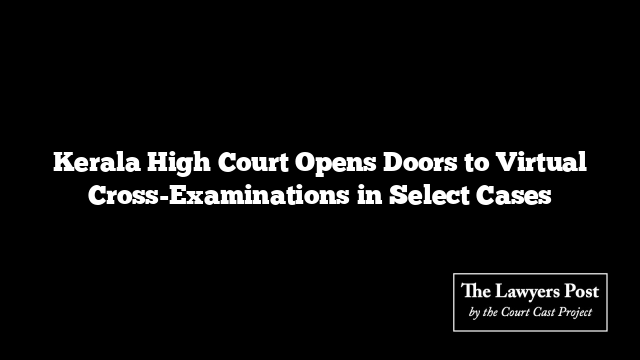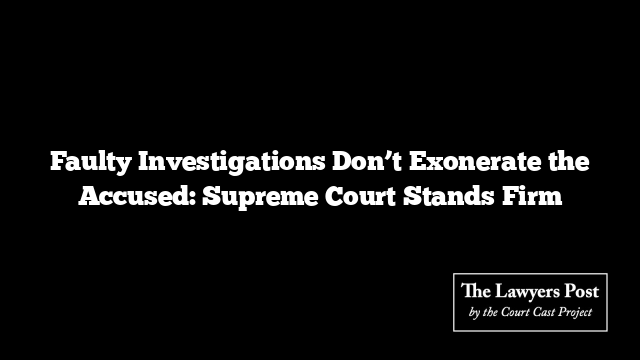In a significant decision underscoring the need for fair restitution in accident cases, the Supreme Court increased the compensation for a B.Tech student left with a 60% permanent disability after a motor accident. Originally awarded ₹35.48 lakhs by the Madhya Pradesh High Court, the final amount now stands at ₹48 lakhs.
The student’s life took a harrowing turn in 2009 when a truck, driven recklessly on the wrong side, collided with his motorcycle. The accident inflicted severe injuries—fractures to his head, chest, legs, and more—requiring three surgeries. Despite treatment, the injuries left him permanently disabled, curtailing his professional aspirations and independence.
The Court emphasized that while no monetary sum can undo the harm, compensation must provide adequate relief. A bench noted that the Madhya Pradesh High Court’s assessment of “Loss of Income” compensation was correct but found its awards for medical expenses and non-pecuniary damages insufficient. The ruling highlighted the long-term implications of the student’s disability, including therapy needs, lifelong dependency, and diminished life opportunities.
A Legal Journey Toward Justice
The battle for fair compensation began in 2014 when the Motor Accidents Claims Tribunal (MACT) granted ₹19.43 lakhs, a decision later appealed by both the student and the insurer. Dissatisfied with the partial relief granted by the High Court in 2022, the petitioner approached the Supreme Court, citing overlooked factors such as under-assessed future prospects and inadequate provisions for therapy, transportation, and attendant care.
The Supreme Court scrutinized the High Court and MACT’s calculations, particularly their approach to the petitioner’s functional disability. Highlighting precedents like Raj Kumar v. Ajay Kumar, the bench stressed the need for individualized evaluations of earning capacity, not rigid percentages. The Court also rebuked the limited duration set for therapy costs, arguing it contradicted medical recommendations and ignored recovery uncertainties.
A Revised Compensation Framework
The final compensation included adjustments across multiple categories:
- Enhanced “Loss of Income” to reflect greater future disability impact.
- Increased awards for therapies, medical expenses, and lifelong care.
- Substantial boosts to non-pecuniary damages for pain, suffering, and diminished quality of life.
The judgment reaffirms the judiciary’s role in ensuring fairness in accident compensation cases, particularly where young lives are irrevocably altered. For the petitioner, the revised amount offers a semblance of relief in an otherwise challenging journey.





